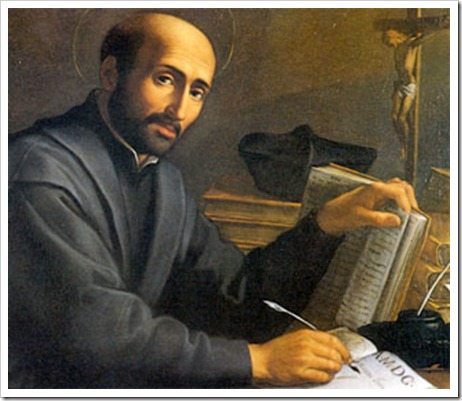For the Ignatian spirit, constituted by the ideals of Saints Ignatius of Antioch and Ignatius of Loyola, to become real it must achieve three goals.
Firstly, it must embody itself in individual men who have freely decided, out of sheer conviction and love, to make it the driving force of their daily existence.
Secondly, these individuals must determine to live out this spirit corporately as a band of brothers.
Thirdly, they must protect their corporate identity by wise lifestyle customs enshrined in statutes.
For the Society of Ignatians, the template of its laws and customs is based on those legislated for the Society of Jesus as written by St. Ignatius of Loyola, his associates, and immediate successors, essentially the Constitutions but also the Summarium. The latter contains time-tested rules of asceticism in order to enable men to ascend to the mystical levels of prayer, be effective in their work for the salvation of souls as individuals, and have a corporate unity in which they can find fraternal support anywhere, anytime.
Many of these laws and norms are not original but are derived from the Rule of St. Benedict which in turn has roots in St. Basil’s Rule. In this way the Society of Ignatians integrates itself into the long line of groups of men, stretching across almost fifteen hundred years, who have built up Christ’s Mystical Body by consecrating their lives to God. Some norms are even more relevant today than when they were inserted into the Summarium in the seventeenth century. For instance, common sense recognizes that the monastic or intense retreat-style atmosphere stipulated for the formation of novices in the comparatively Christian society of Renaissance Europe is far more necessary, indeed absolutely crucial, for forming future priests who come from, and who will go back into, the hostile anti-Christian world under the sway of the “Dictatorship of Relativism” (Benedict XVI) of the twenty-first century.

